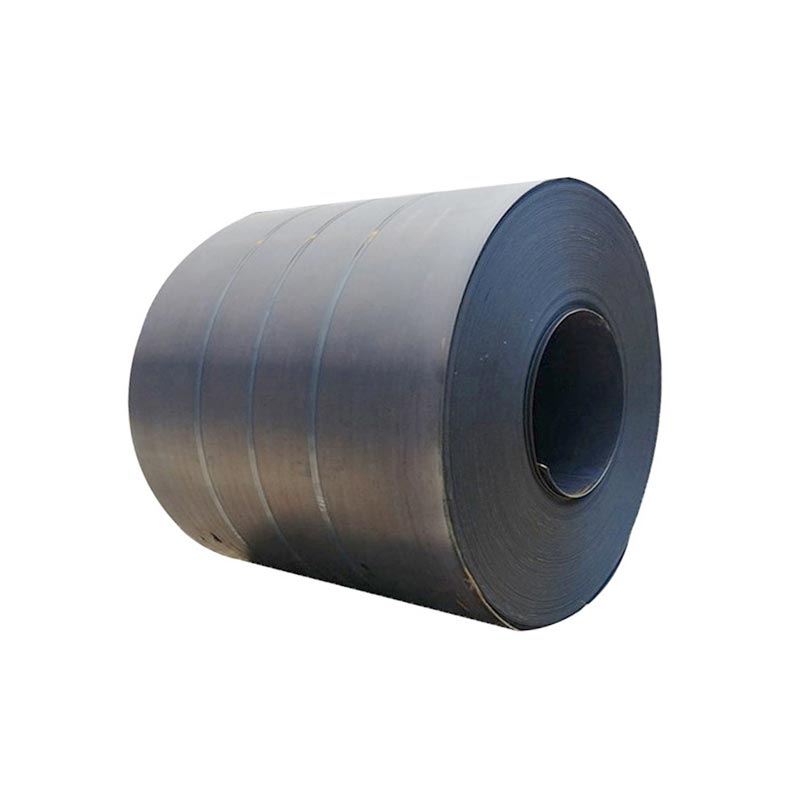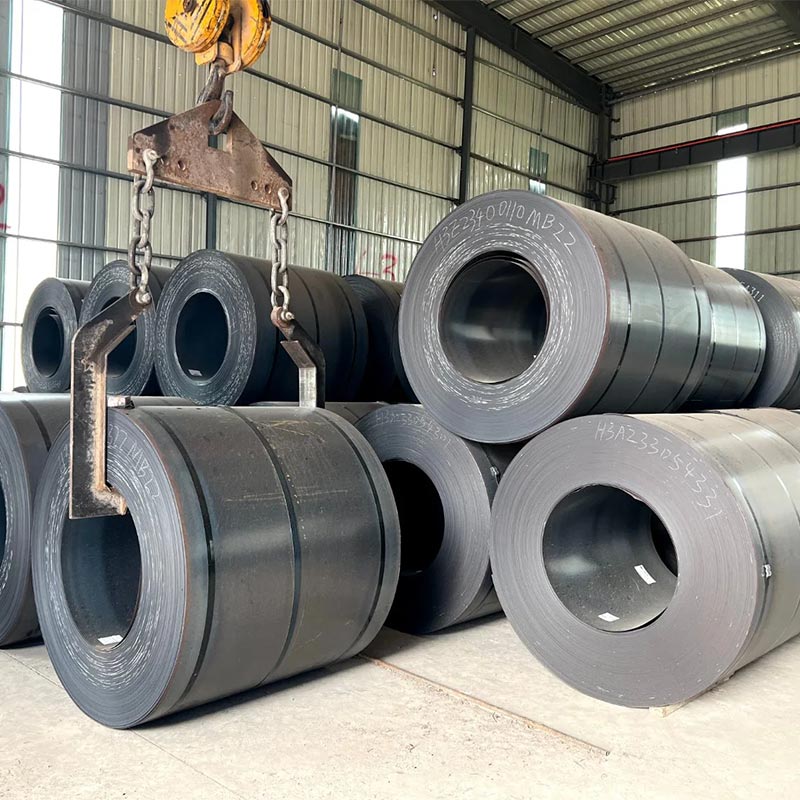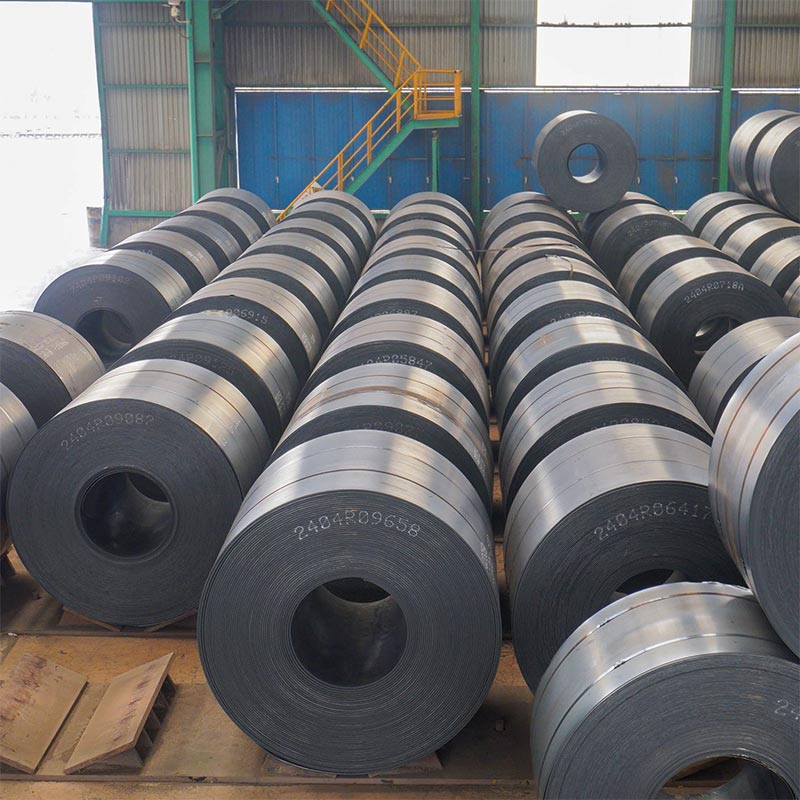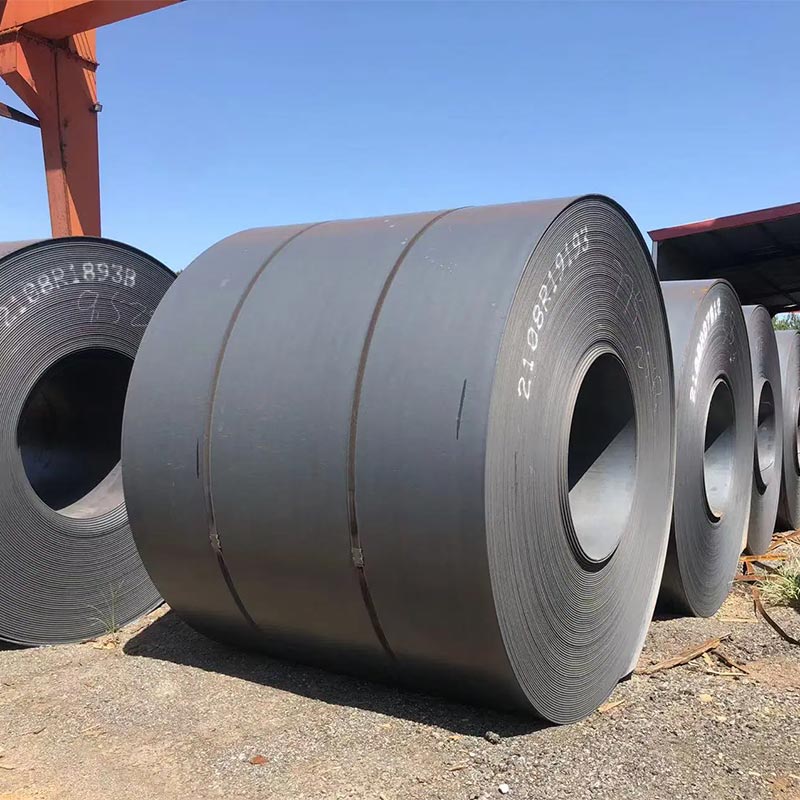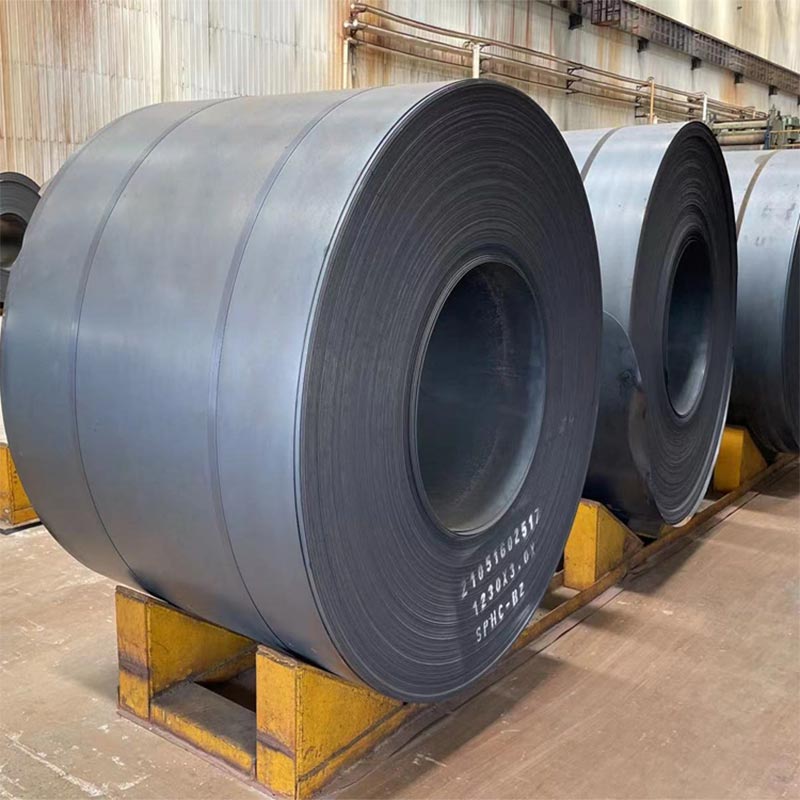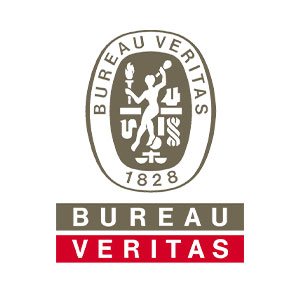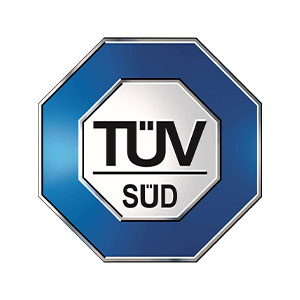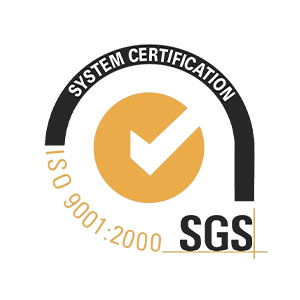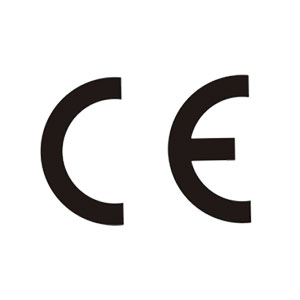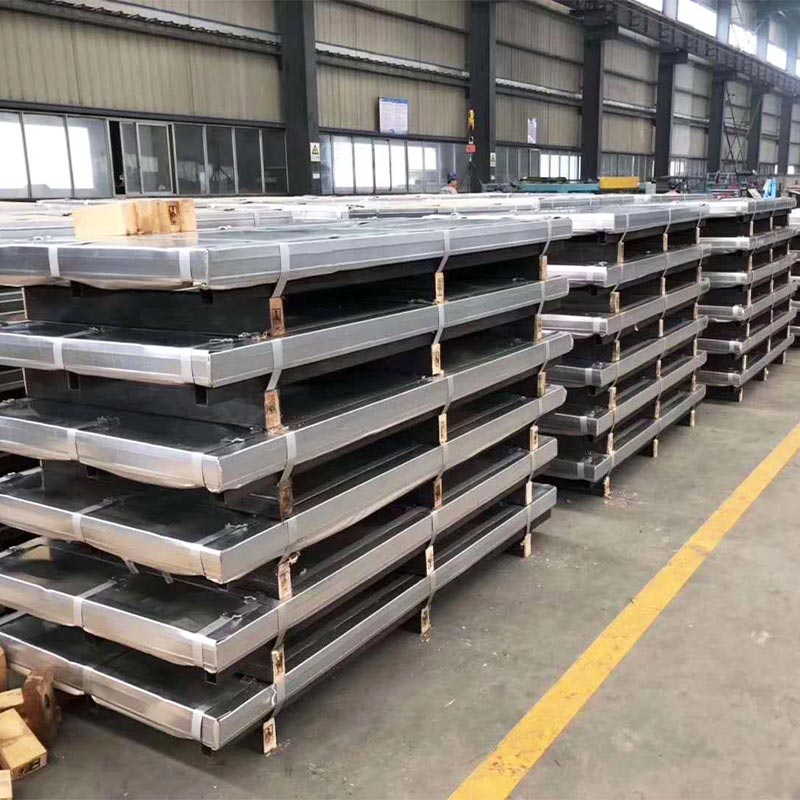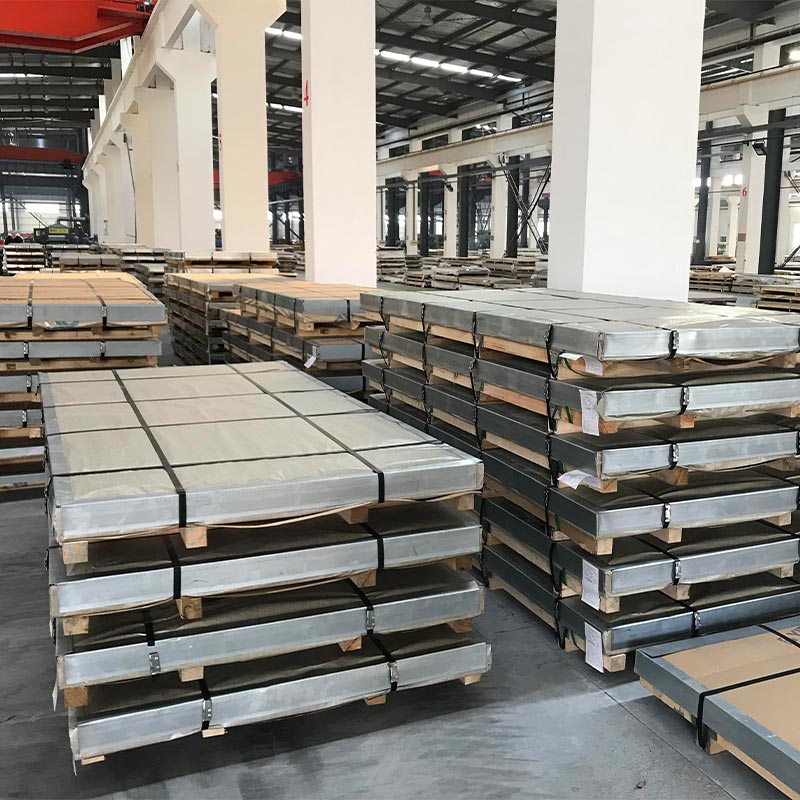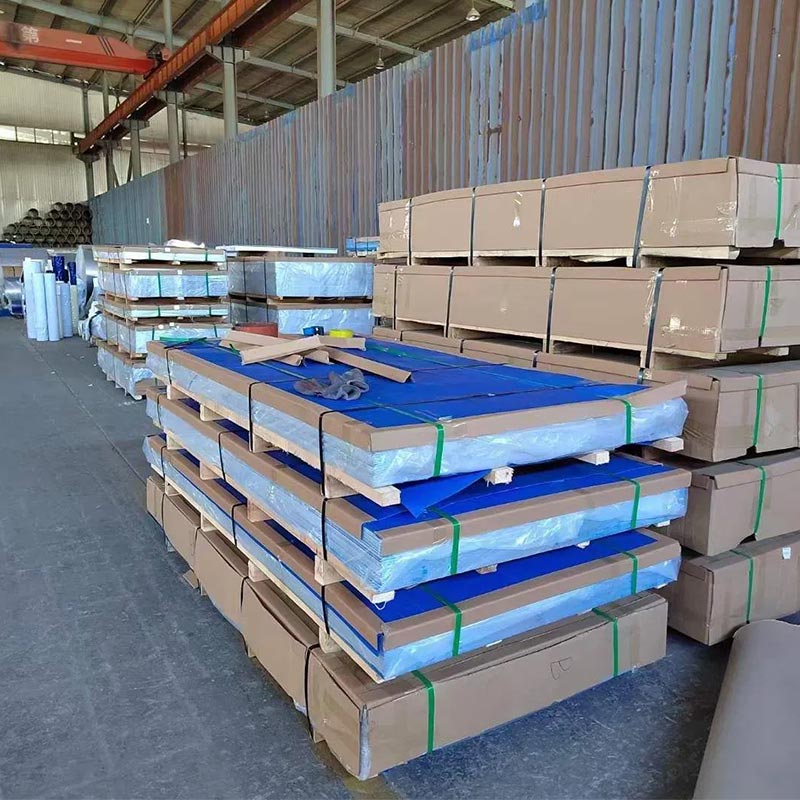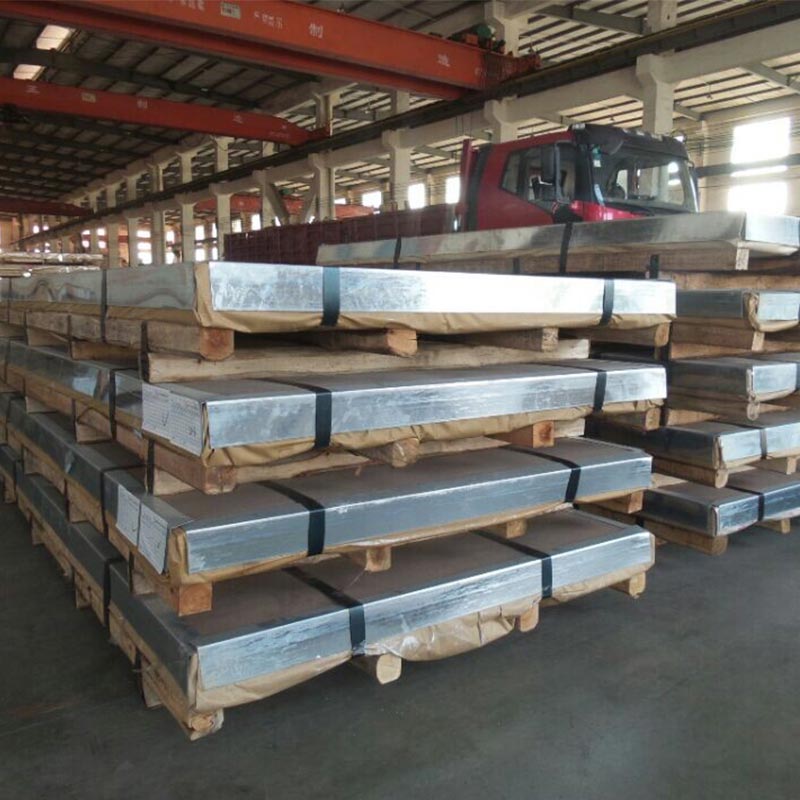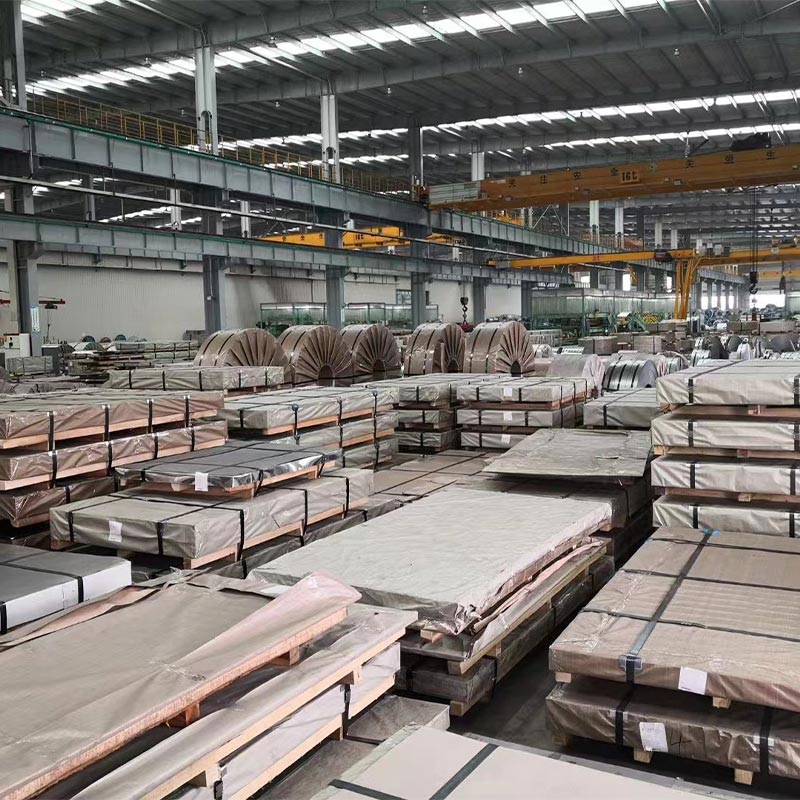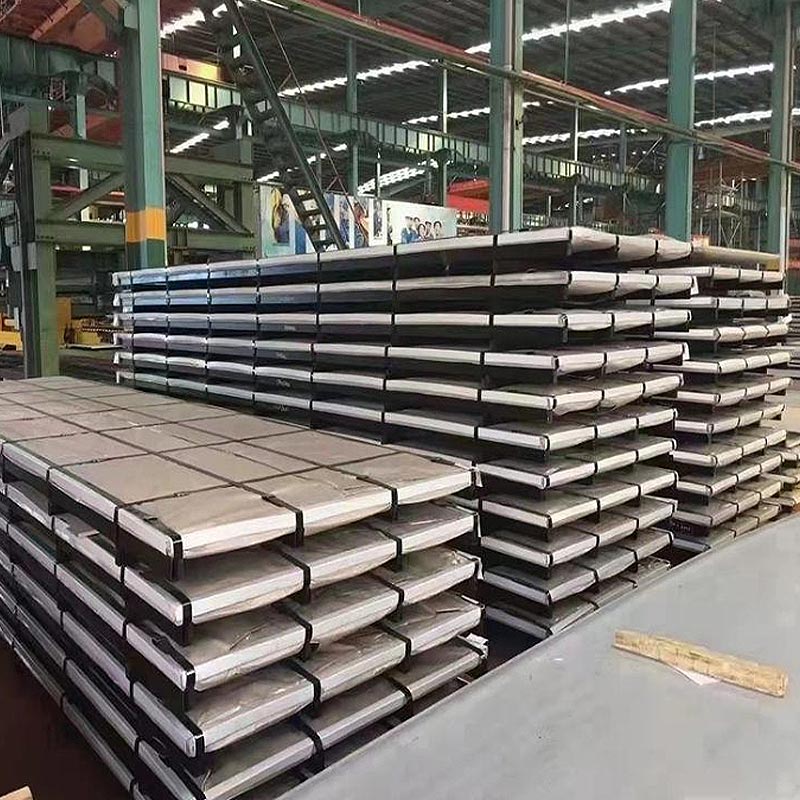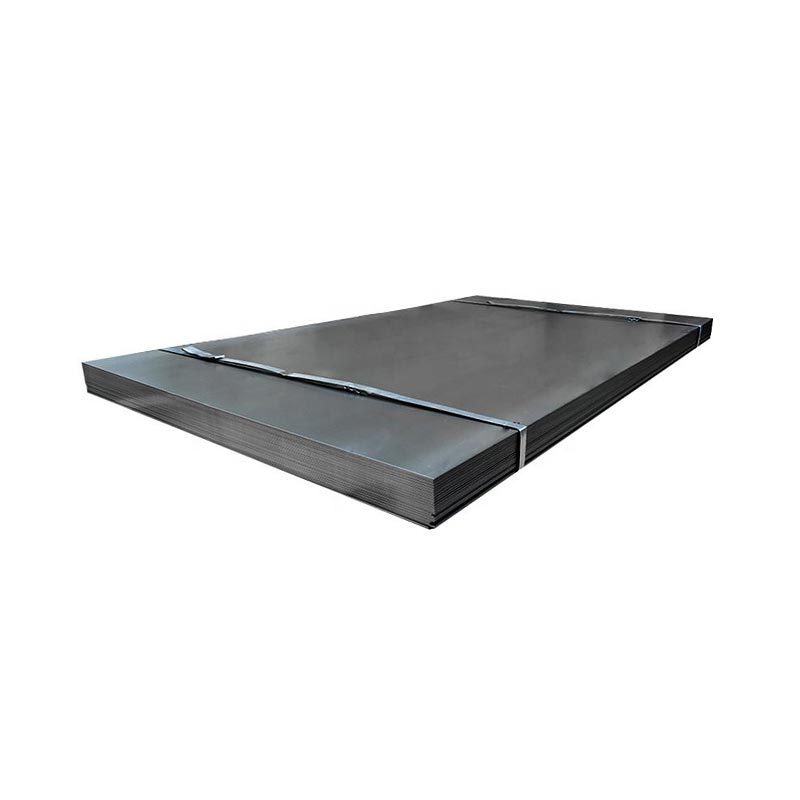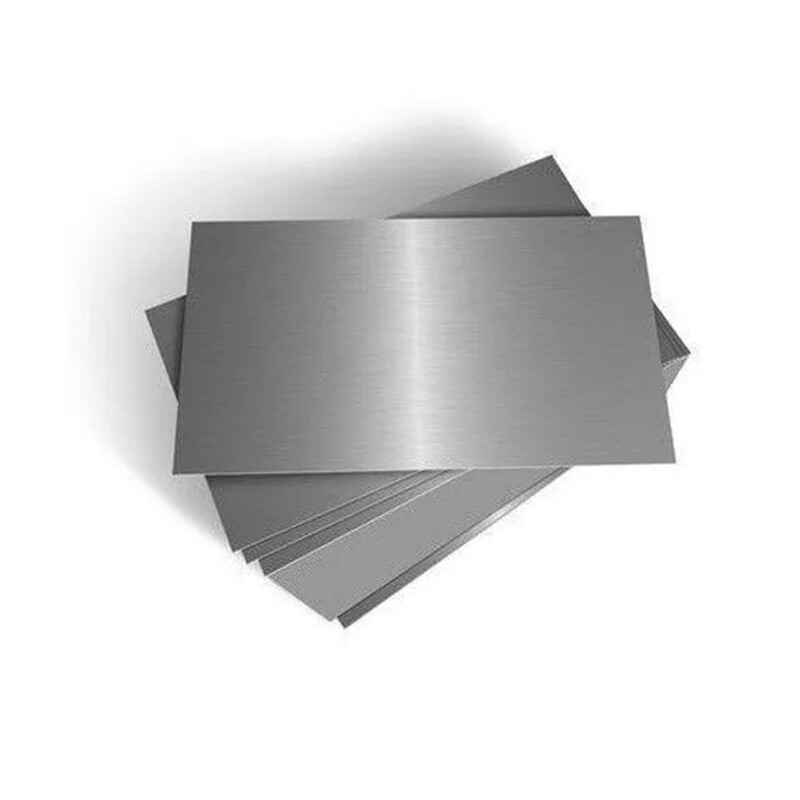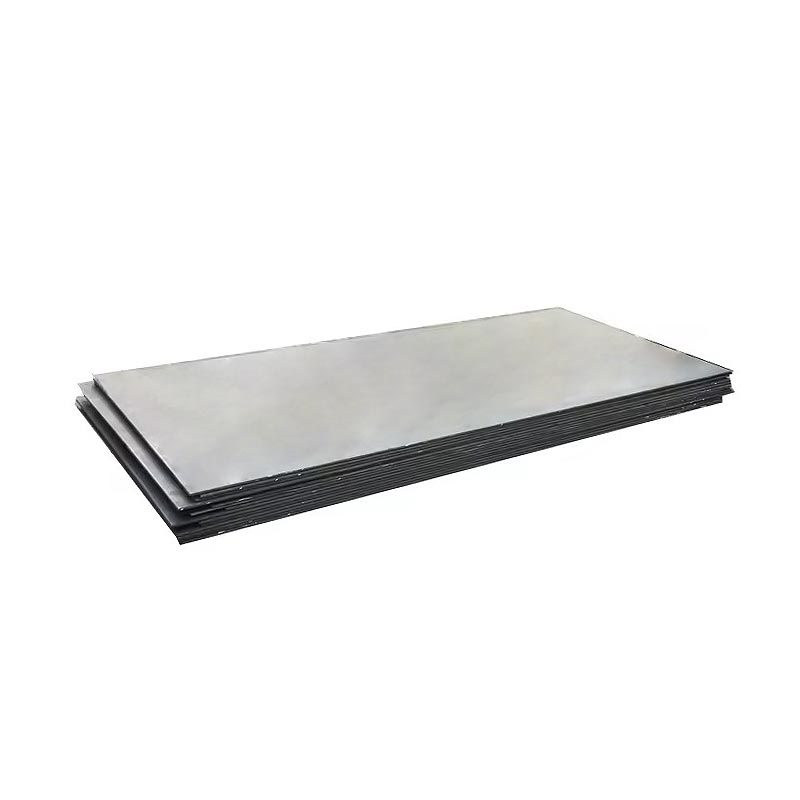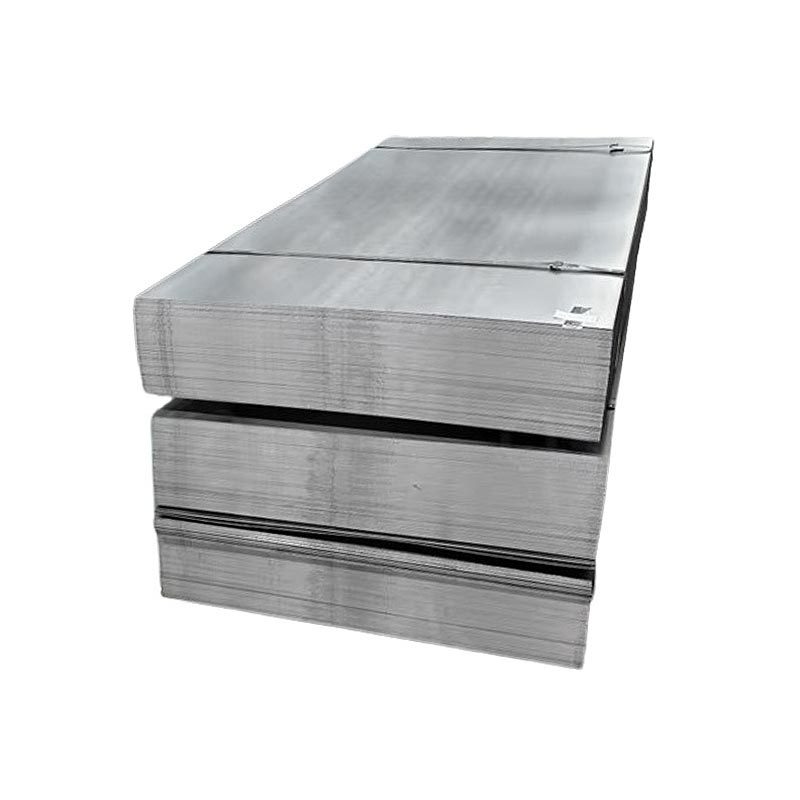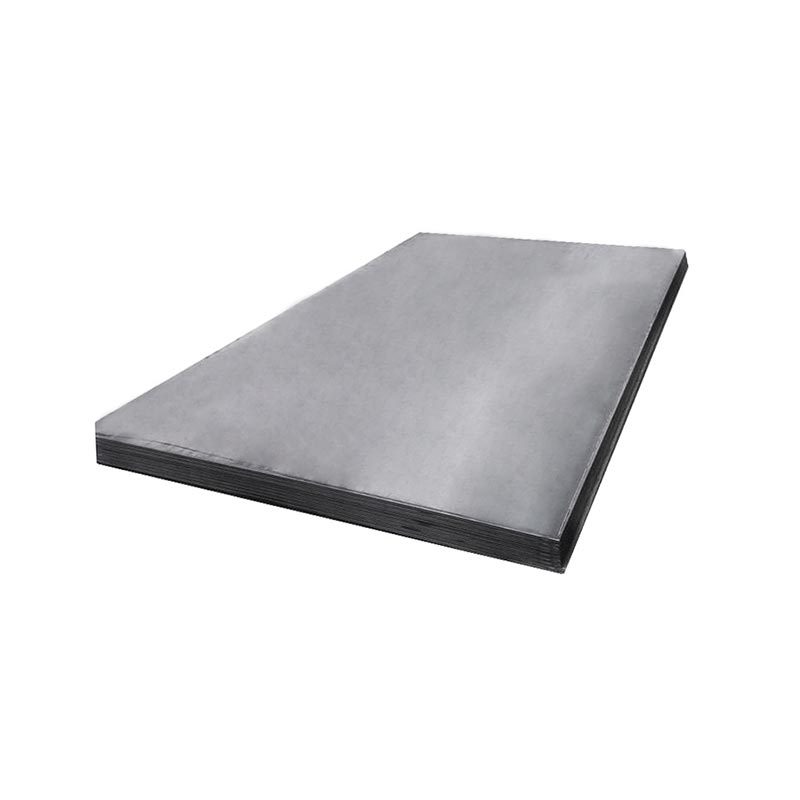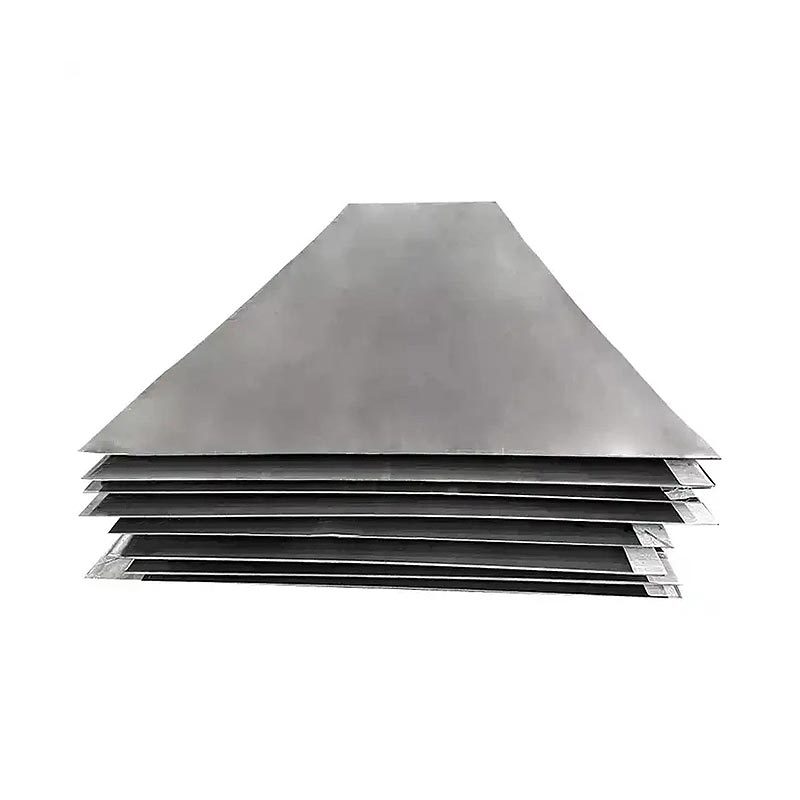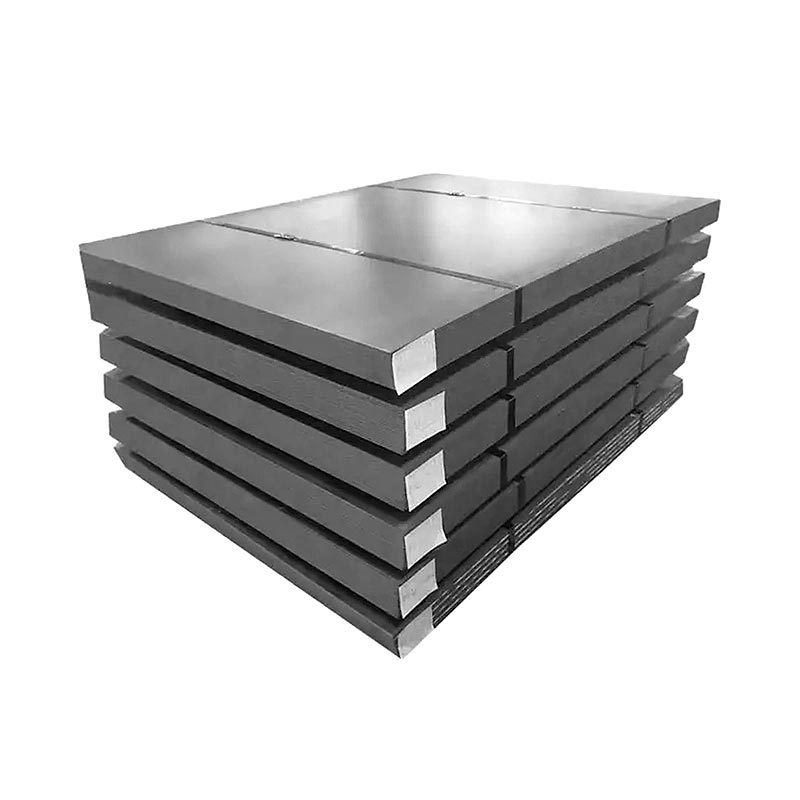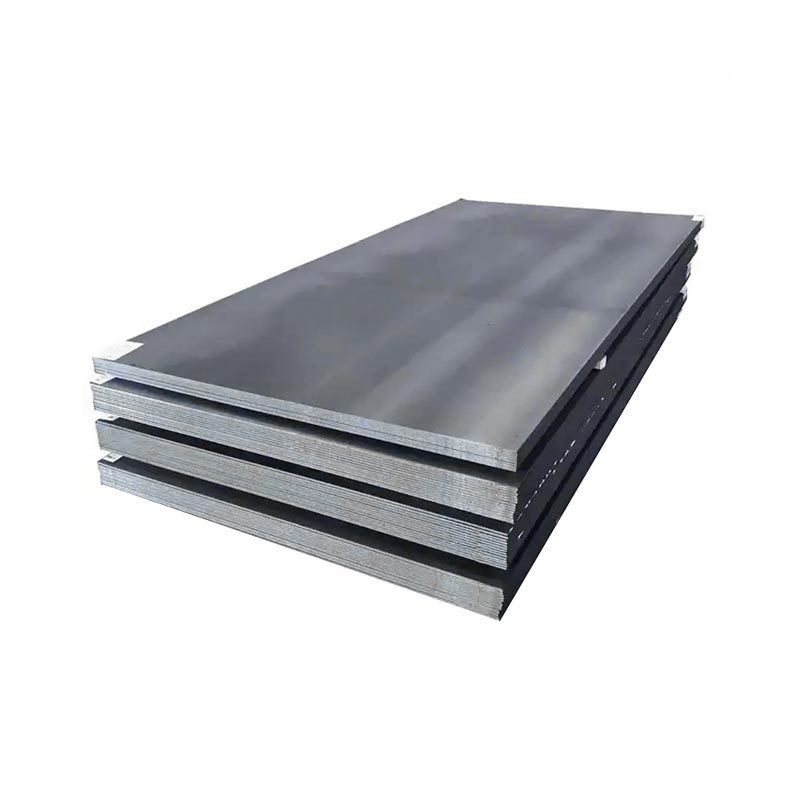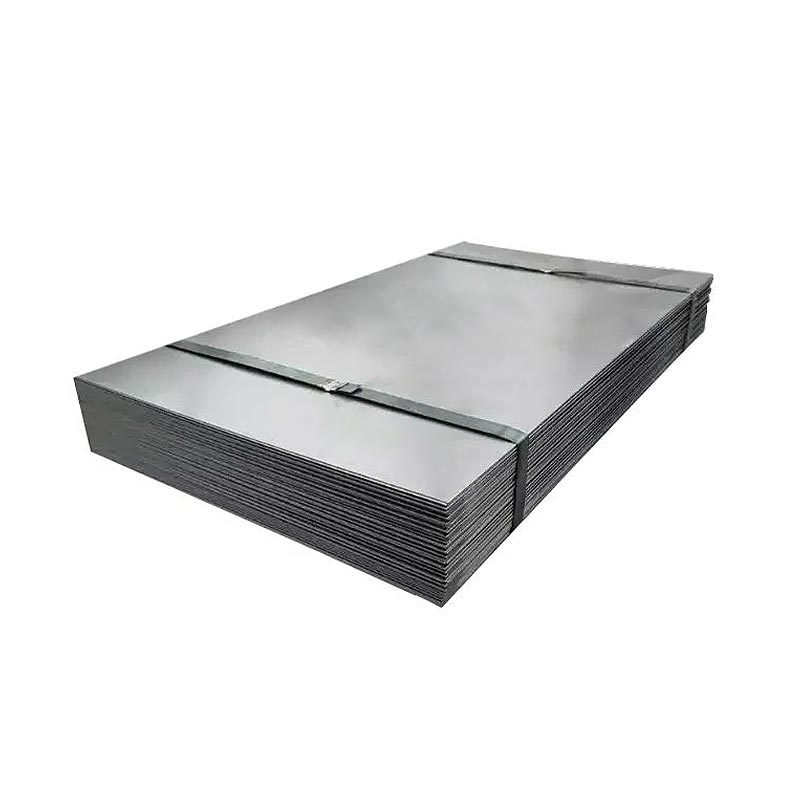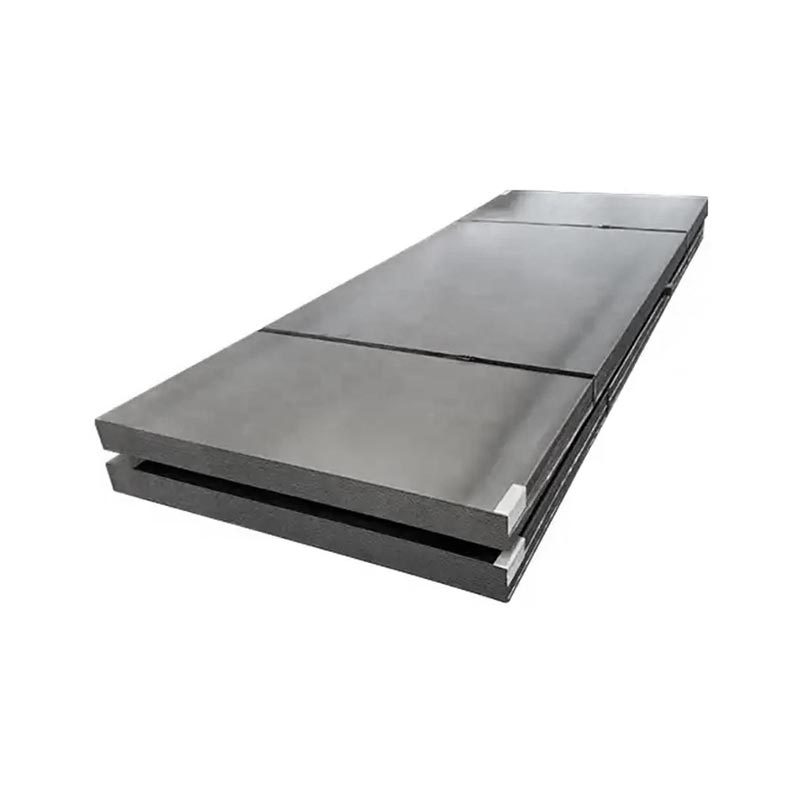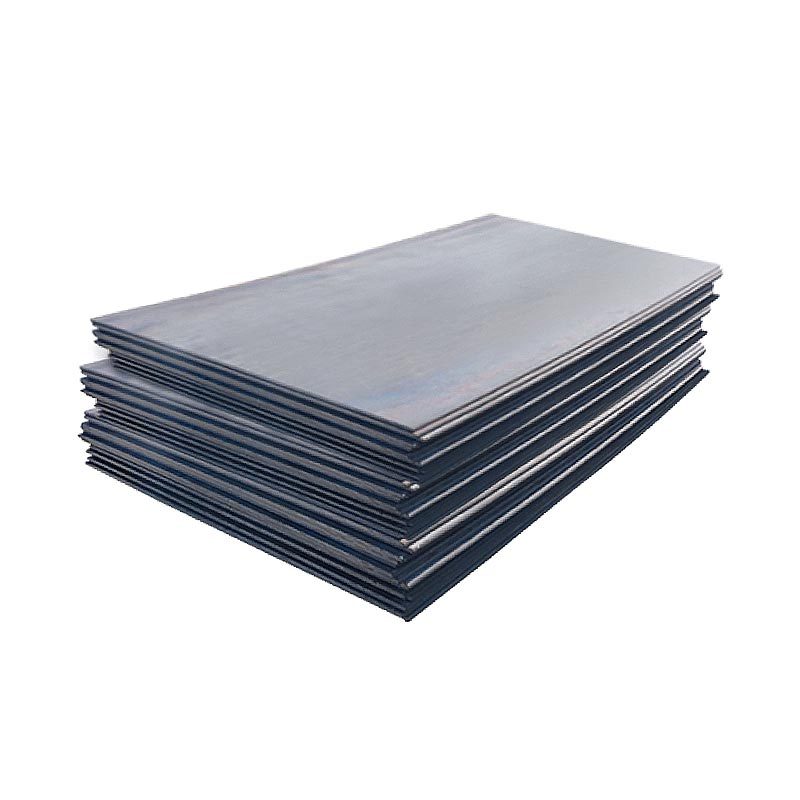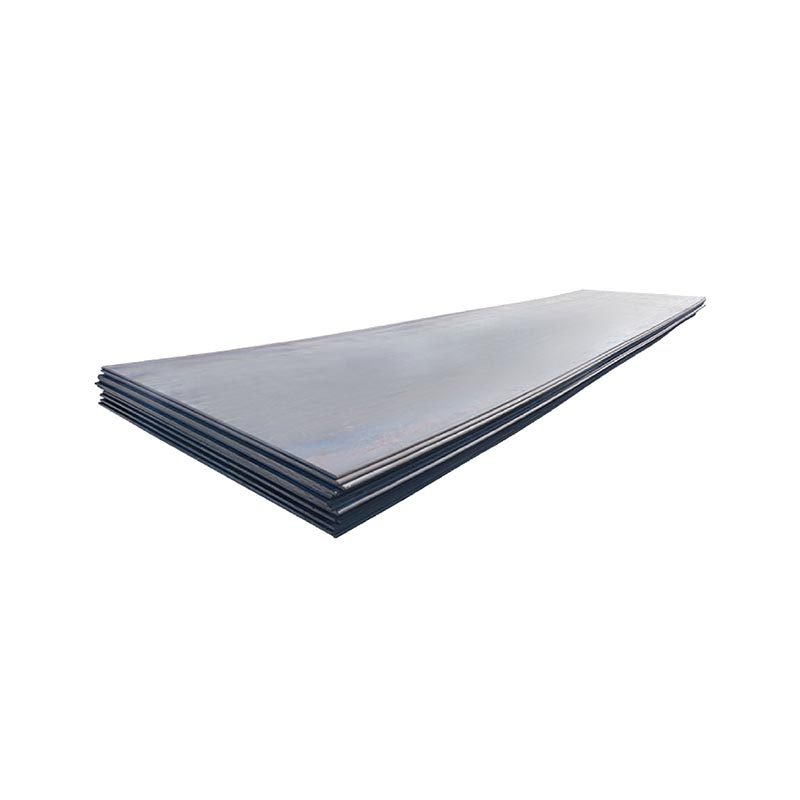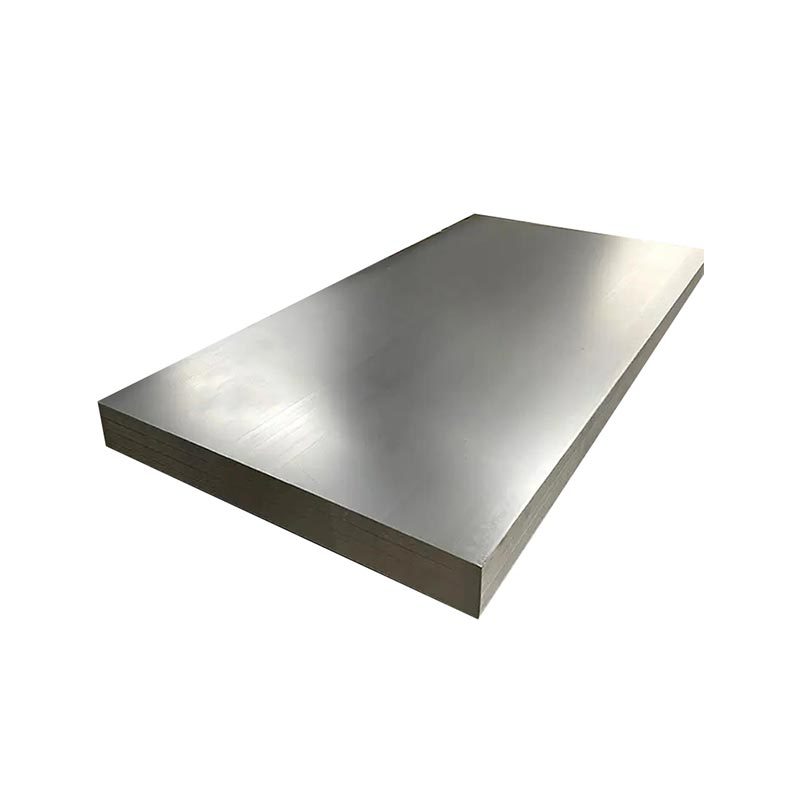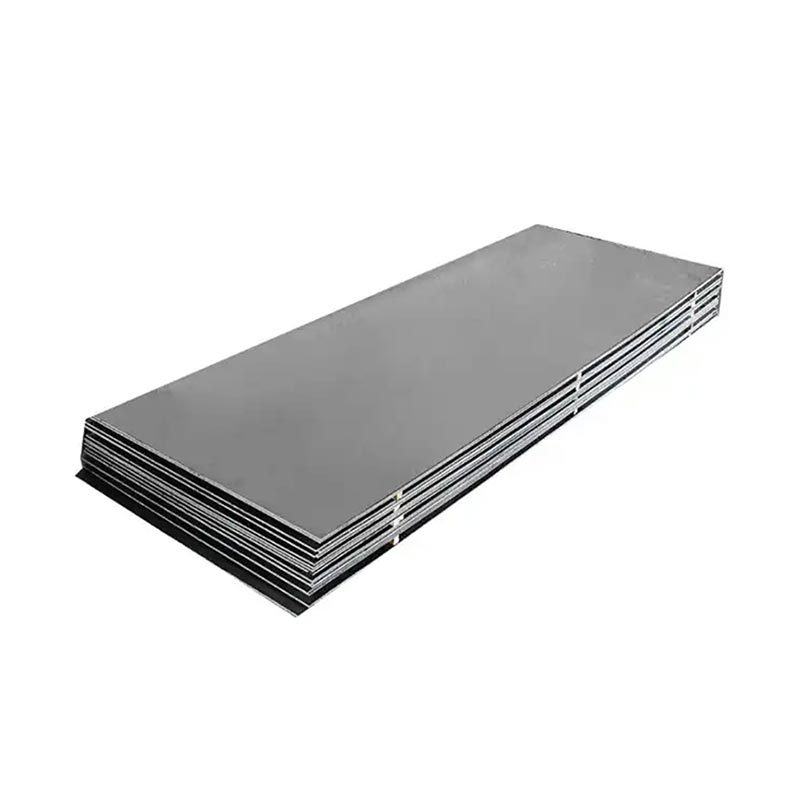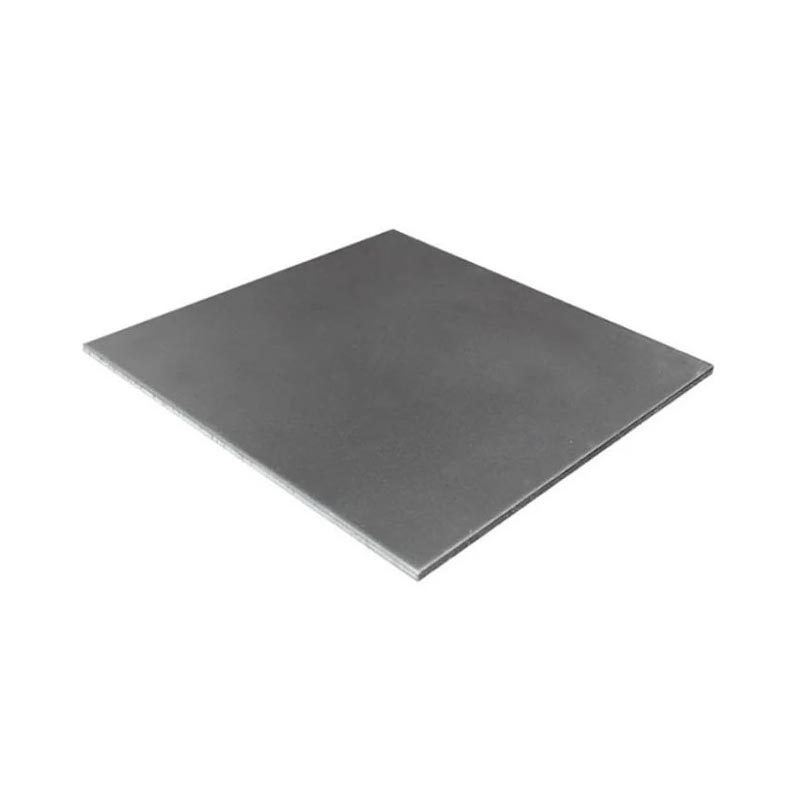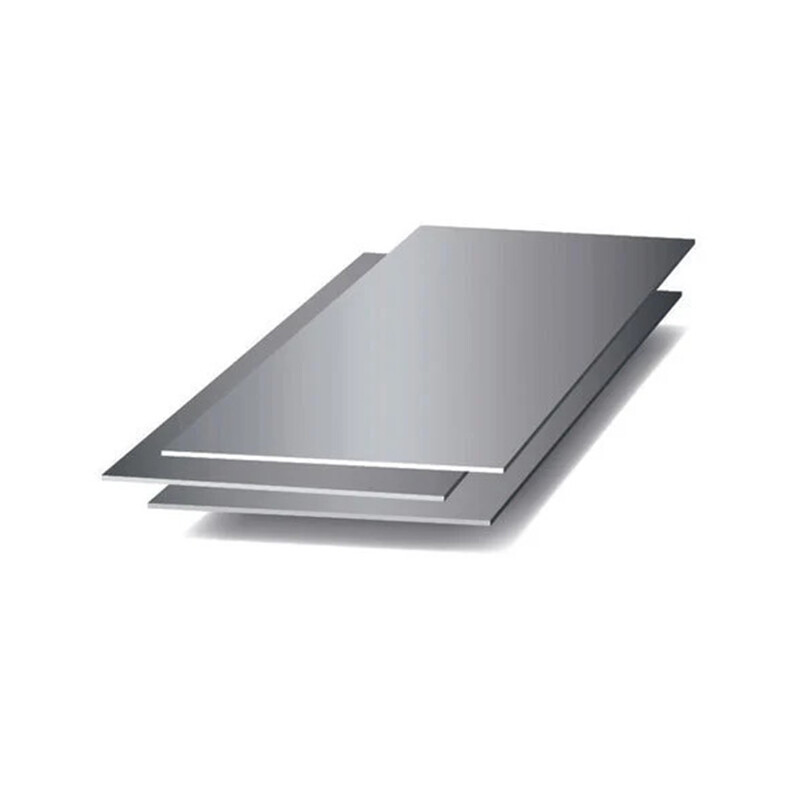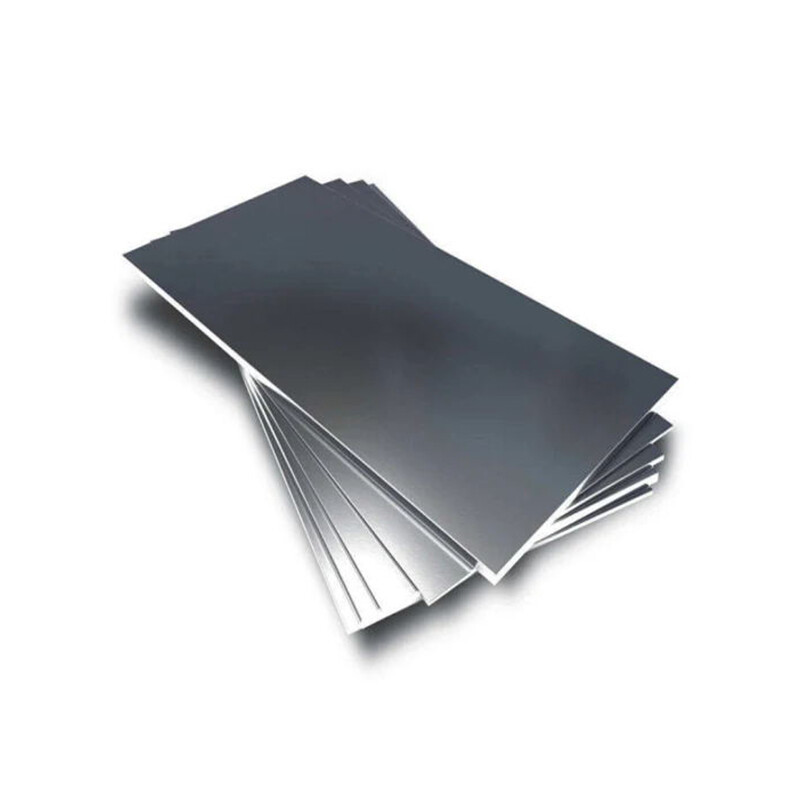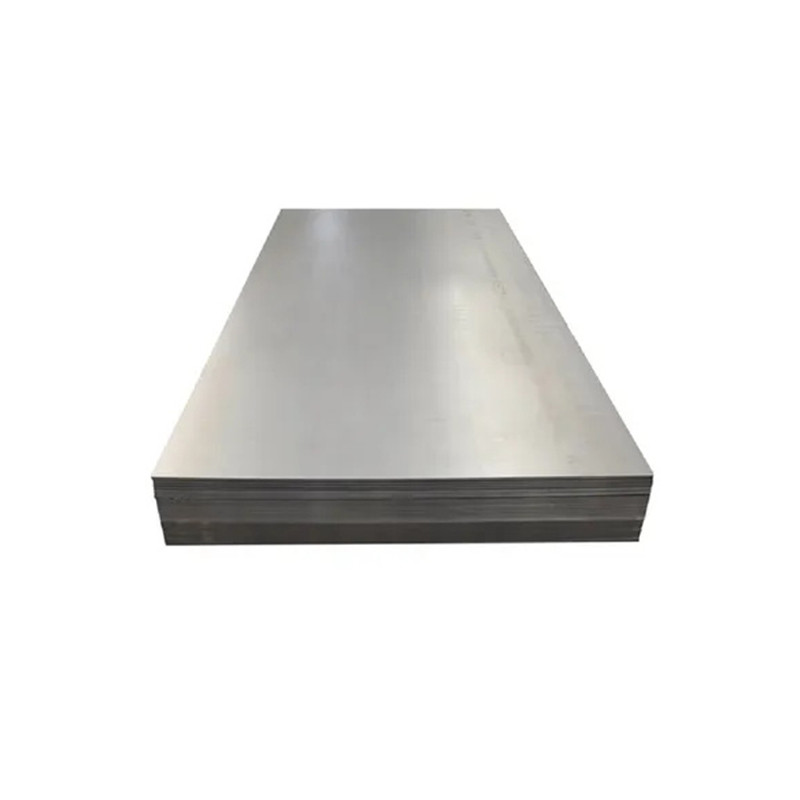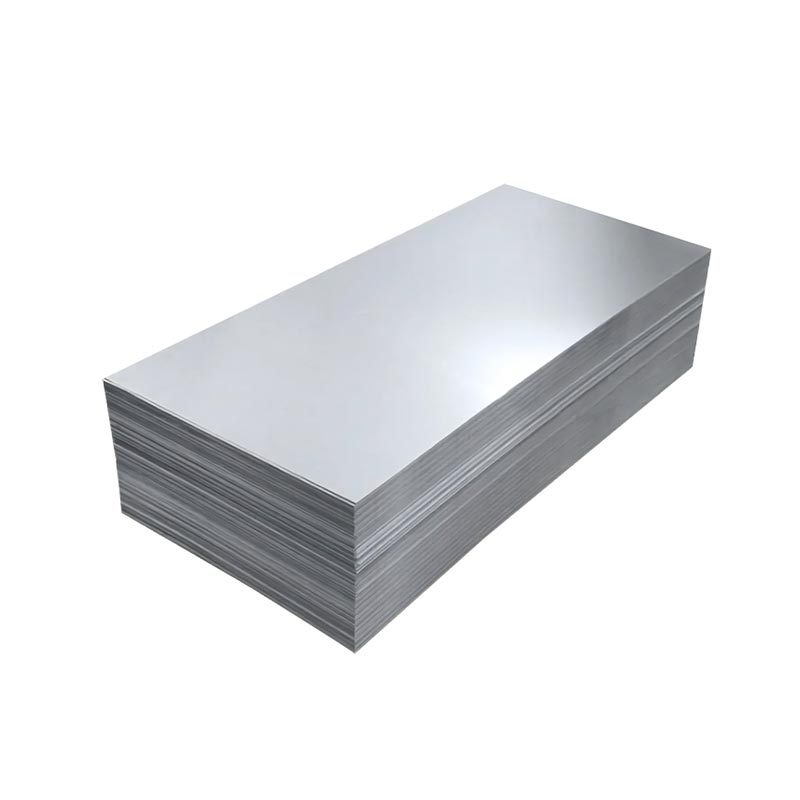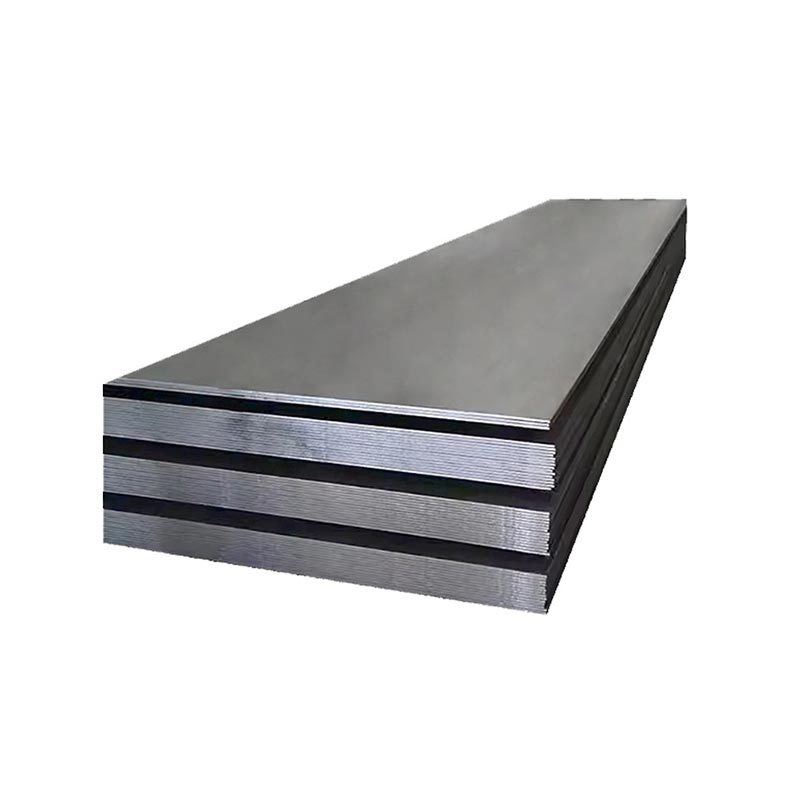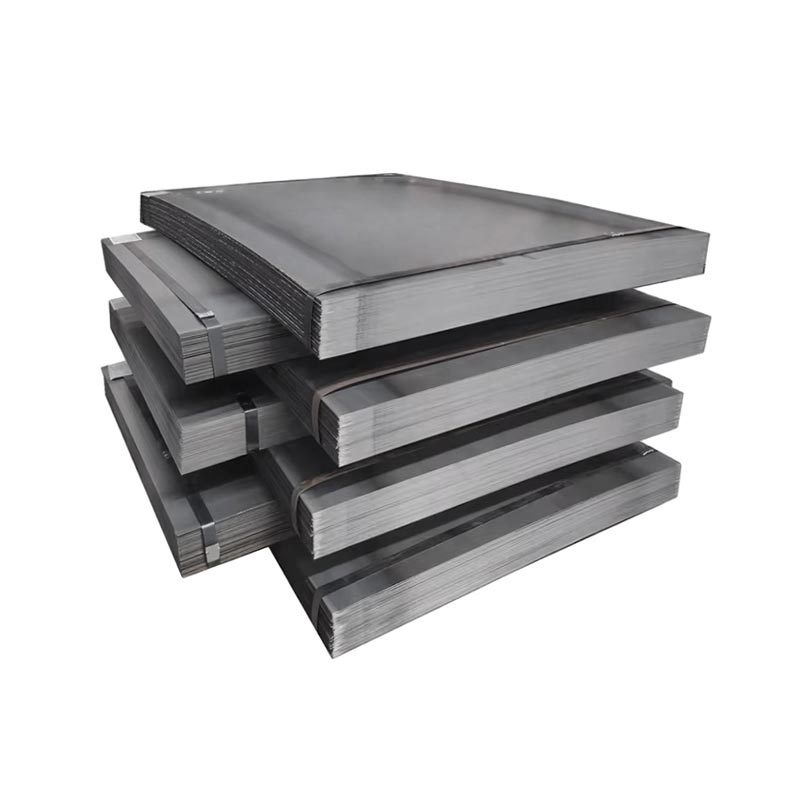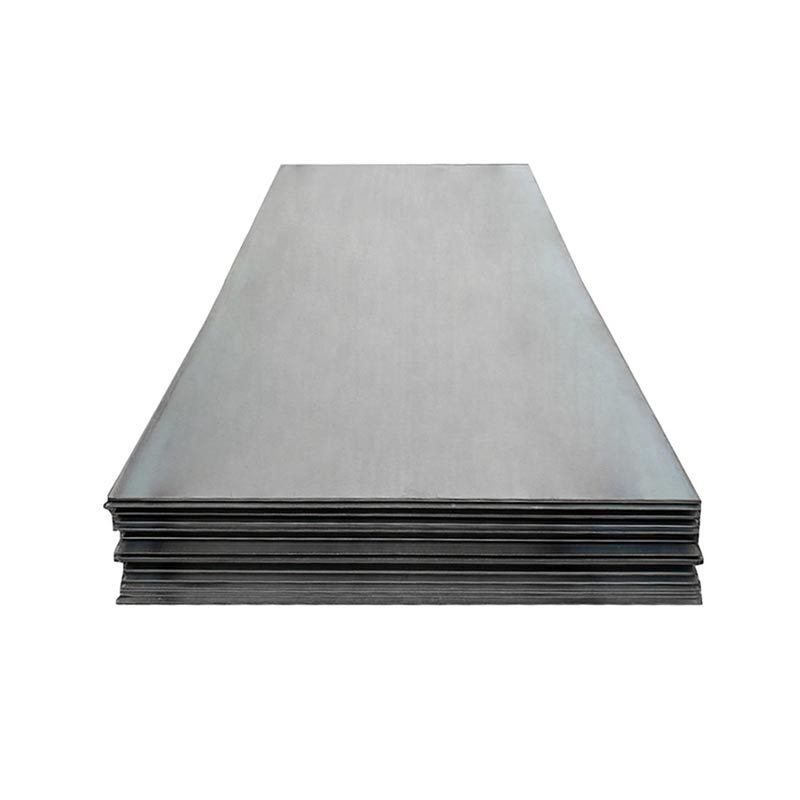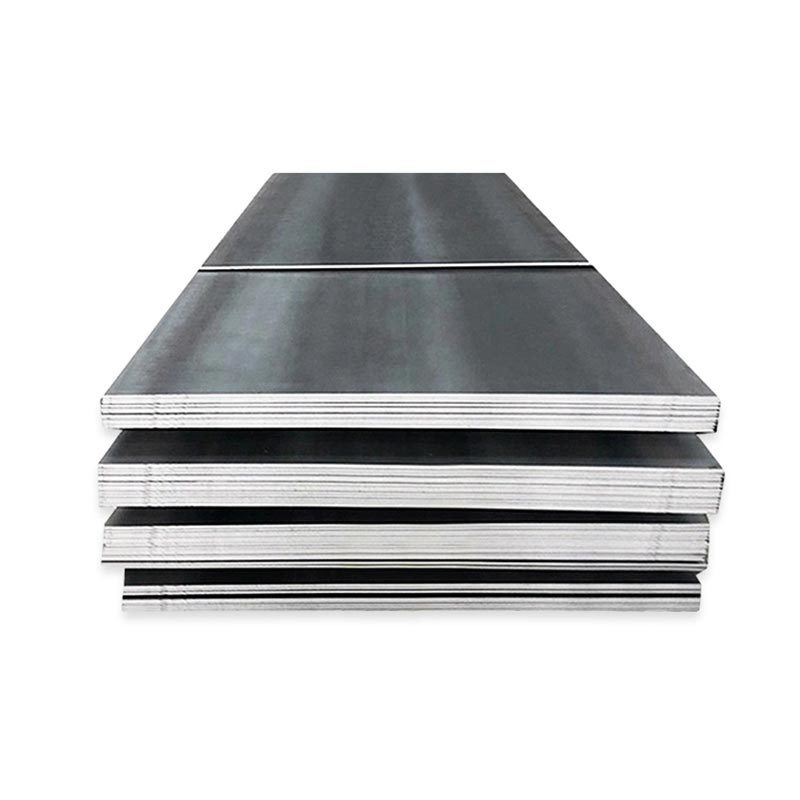Carbon Steel Coil
● A carbon steel coil is a continuous, rolled sheet of carbon steel (iron-carbon alloy) wound into a coil shape. Classified by carbon content (low, medium, high), it balances formability, strength, and cost.
● Low-carbon coils (e.g., A36) offer ductility and weldability, ideal for automotive parts or construction. Medium-carbon variants provide higher strength, used in machinery. High-carbon types are hard but less flexible, suited for tools.
● Available in various thicknesses and widths, these coils are unrolled for cutting, stamping, or forming. Common in manufacturing, construction, and metalworking, they serve as raw material for pipes, panels, and structural components.
View Video
A533 Carbon Steel Coil
A533 carbon steel coil, an ASTM-grade material, is a low-alloy steel designed for pressure vessel and structural applications requiring high toughness. Available in grades B, C, D, E, it undergoes heat treatment (normalized or quenched-tempered) for enhanced performance. With tensile strength 550–700 MPa and excellent notch toughness, it suits low-temperature and moderate-pressure environments. Good weldability makes it ideal for boilers, nuclear containment, and heavy machinery, ensuring reliability in critical structural roles.
Get A Quick Quote!
You Can Leave Us A Message
or Send Us An Email!
Product Details
Product Parameters
Packaging and Transportation
Related Products
Leave Us Message
Please give us a message
What are you lookking for?

